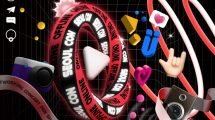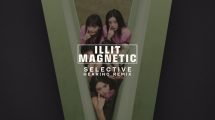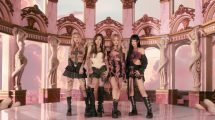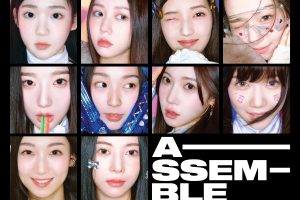Wu-Tang 25: Quarter Century of Shaolin is a year-long series celebrating the 25th Anniversary of the Wu-Tang Clan’s Enter The Wu-Tang (36 Chambers).
It wasn’t until I began reading The Wu-Tang Manual that I learned what the Five-Percent Nation was. From page 43:
In 1964, Clarence 13X-a student minister at the Nation of Islam’s Temple Number Seven in Harlem-opened his own street academy. He took the name of Allah, or the Father, and started teaching a condensed version of the Nation’s Lost-Found Lessons. Like the Nation, the Father’s school refuted most accepted history and organized religion, denying the existence of any supernatural “mystery god,” and substituting the idea that the black man himself is a god-a god of his own family, universe, and destiny. This was the foundation of the Five Percent Nation, whose name comes from the belief that its followers are the 5 percent of humanity who live a righteous life and manifest the black man’s true divine nature. Eighty-five percent are the mentally deaf and blind, while the remaining 10 percent are devils who have knowledge but intentionally keep the rest ignorant.
Along with explaining the Supreme Alphabet and Supreme Mathematics, it really opened up a lot. Musically, I got to hear not only Wu’s music, but large parts of hip-hop with fresh ears. From small references like when Ghost in the beginning of Verbal Intercourse says “it’s only like 5% out of 100” or all the times I hear “word is bond” or anytime someone mentions the Gods and the Earths. Or full albums like Brand Nubian’s One For All album packed with so much Five Percent knowledge. For a short period thereafter, I began trying to apply those lessons wherever I could, trying to see the numerology in my everyday life.
Another thing it opened up for me is understanding how the world around us works and how people view it. I don’t claim to be Five Percent, but I loved how this religious subculture grew as a way for people to comprehend the world around them. Continue reading in the Manual, and in RZA’s other book The Tao of Wu, that their spirituality and overall curiosity of learning didn’t stop with the Five Percent. It’s a combination of both Eastern & Western philosophies and religious texts. I even tried reading all the texts that RZA had made reference to. Admittedly, I gave up on it. But it then shifted to developing deeper into the subjects I was interested in.
That’s what excited Younger Me at the time. The knowledge and information itself is great, but the passion to stay curious and desire to learn is where it’s at. It’s only natural to fall in and out of actively learning, but it’s that moment, reading the Manual just being blown away that still brings me back, and keeps me curious. The Wu has influenced me in so many ways, but it wasn’t until I started this feature that they had a direct impact of me asking questions in hopes of understanding myself, and the world around me.

















